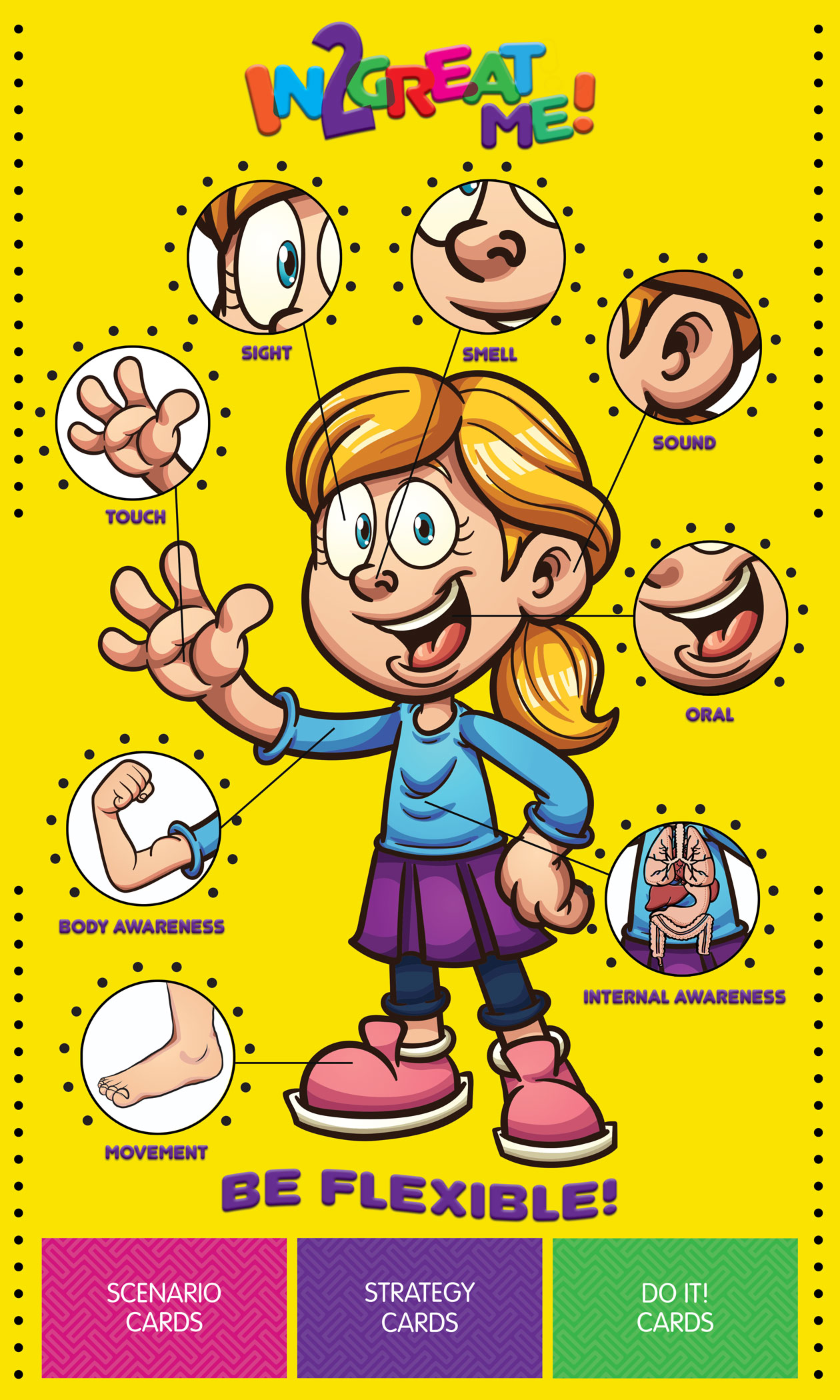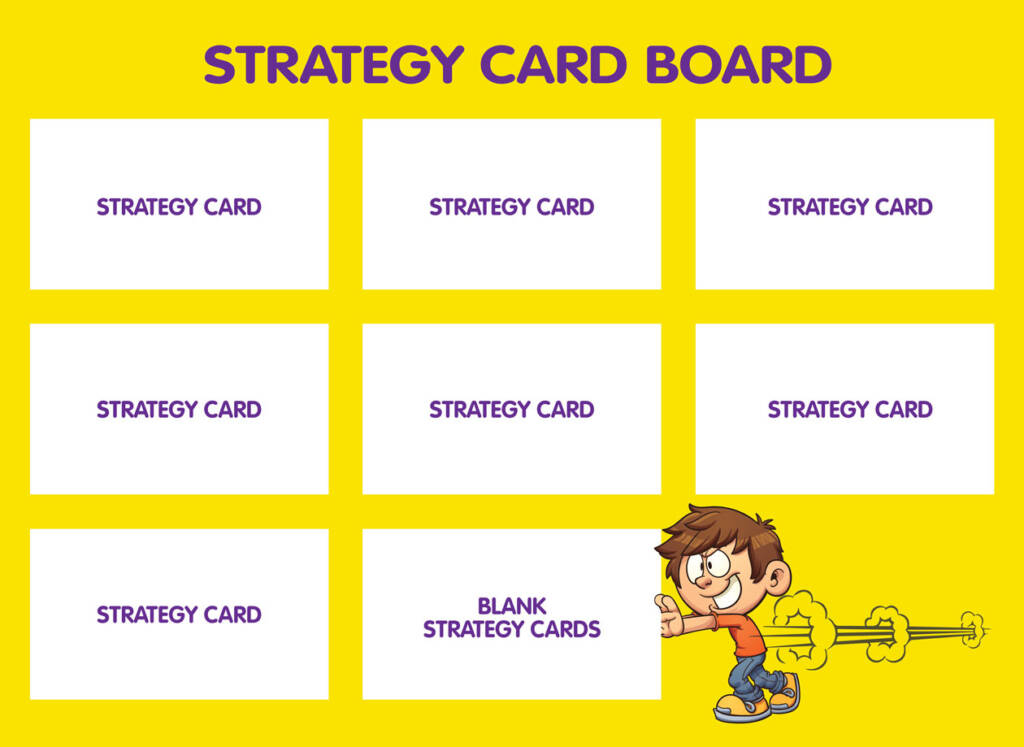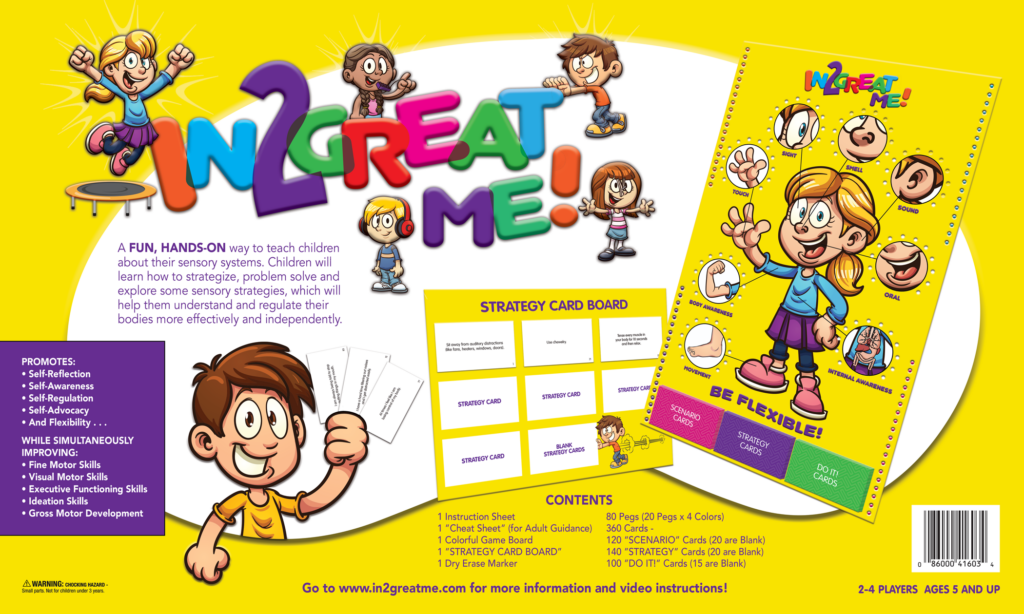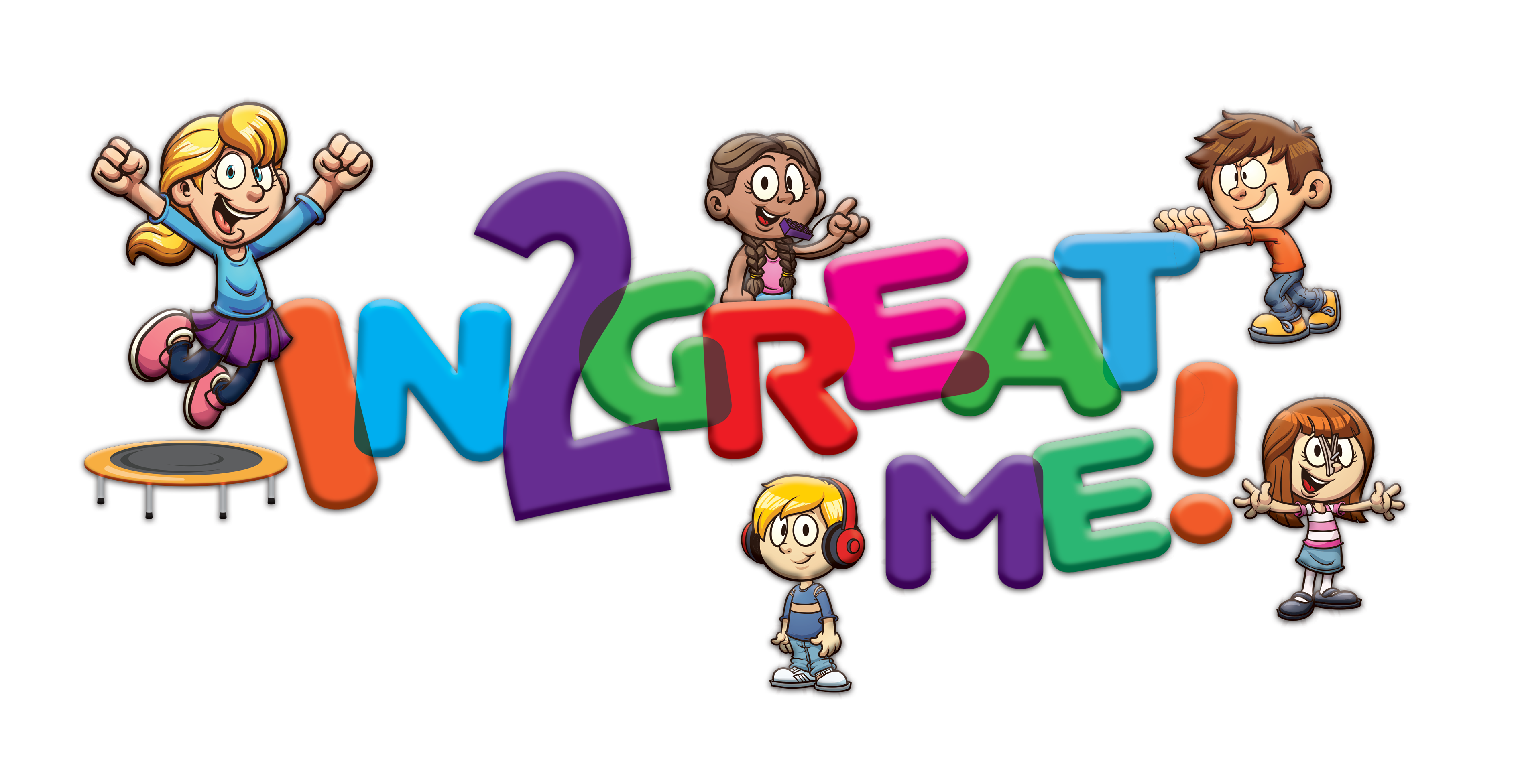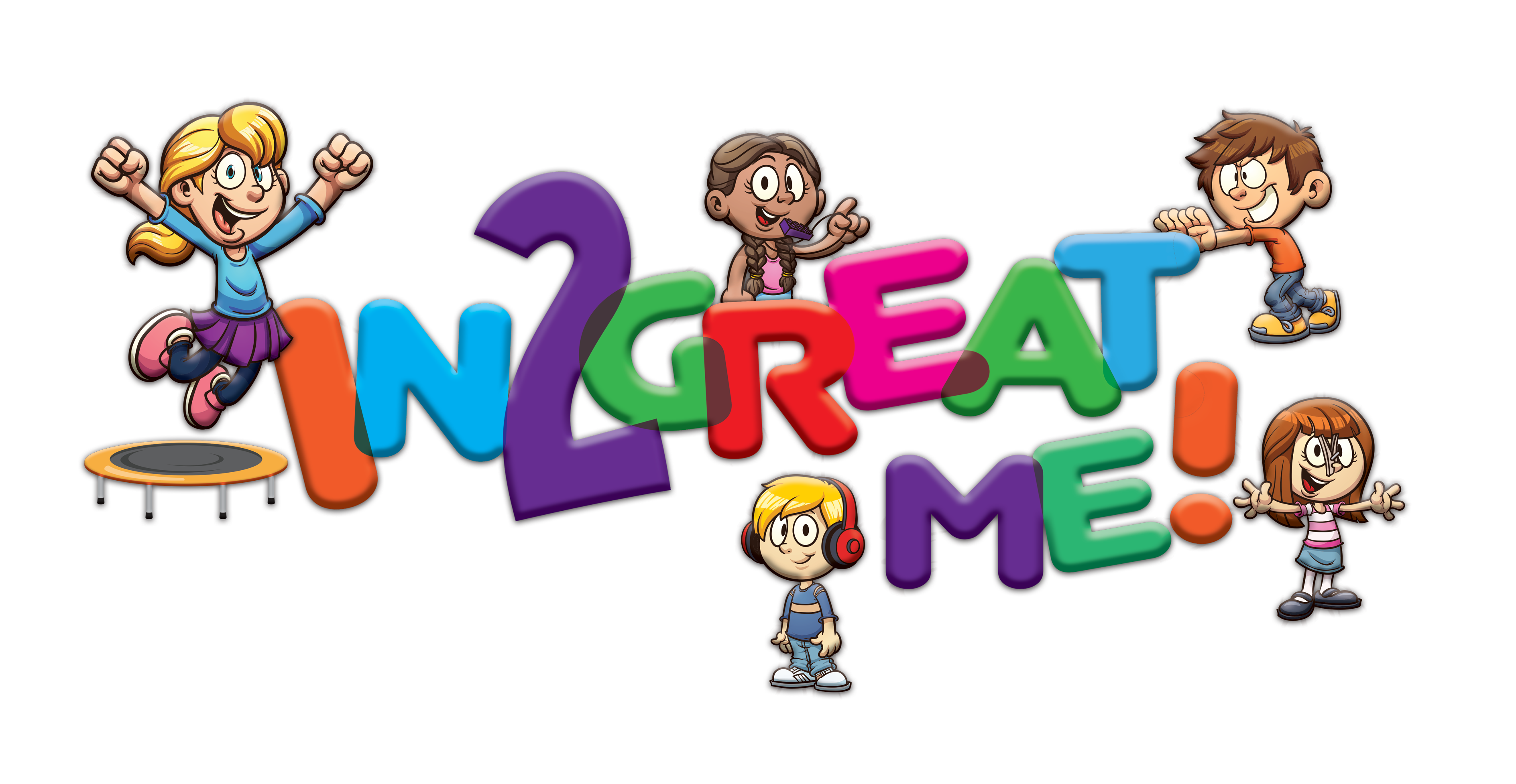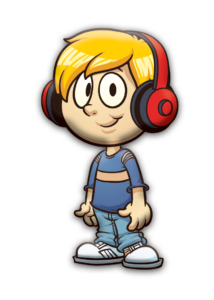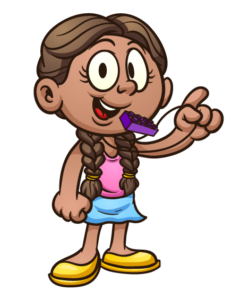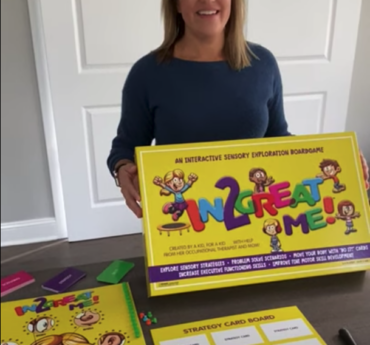The World’s First Sensory Exploration Board Game. ORDER YOURS TODAY!
Product Details
School Use
TEACHERS/THERAPISTS: Are you looking for a fun and hands-on way to teach your students about their sensory systems? To what extent do your student’s sensory processing challenges contribute to their social, physical, emotional and academic challenges? Explore the impact that sensory processing challenges can have on your students both inside and outside of the classroom.
Home Use
PARENTS: Do you ever wonder why your child behaves the way he/she does? Do you wonder if there is more behind their reactions than meets the eye? Play this game at home with your child to learn and practice strategies that can help them become more self-aware of their sensory tendencies. Learn about how the 8 sensory systems impact their functioning and behaviors. Use the suggested strategies to help them problem solve and regulate their bodies more effectively and independently.
Therapy Use
THERAPISTS: Are you looking for a new, fun, and motivating game to teach your clients about their sensory systems? This unique game allows children to better understand their sensory tendencies while simultaneously developing their executive functioning skills. Select from 120 real-life scenarios that children with sensory challenges are likely to experience, explore 140 strategies that promote self-regulation, and participate in a variety of movement-based activities through 100 “DO IT!” cards. Blank scenario, strategy, and “DO IT!” cards are also provided to make the game more individualized.
Promotes Development
Flexibility
Encourages the willingness to change or compromise through the ability to consider other people’s thoughts and ideas.
Ideation Skills
Promotes and stimulates the formulation of new thoughts and ideas.
Visual Motor Skills
Aides in eye-hand coordination. The ability to take in information visually and respond to it with a motor action.
Executive Functioning Skills
Promotes the development of 8 mental skills required to learn, work, and manage daily life. The 8 executive functions are: emotional control, inhibition (impulse control), working memory, initiation, planning and prioritizing, shifting (transition), self-monitoring, and organization.
Fine Motor Skills
Helps to develop the small muscles of the hands to improve manual dexterity and coordination of common activities that children typically engage in (scissors, buttons, writing, manipulating utensils, etc).
Gross Motor Development/Coordination
Develops gross motor skills that require whole-body movements that involve large muscles of the body (running, skipping, jumping, etc).
Self-Regulation
Teaches the ability to monitor and manage your energy, thoughts, and behaviors that are acceptable to elicit positive results. There are 4 types of self-regulation: mental, emotional, social, and physical.
Self-Reflection/Self-Awareness
Improve your ability to observe, analyze, and reflect upon yourself and think about your feelings and behaviors and the reasons that may lie behind them.
Self-Advocacy
Promotes speaking up for yourself and pursuing what is important to you; empowers you to decide on and carry out a plan to make good and responsible life choices.
